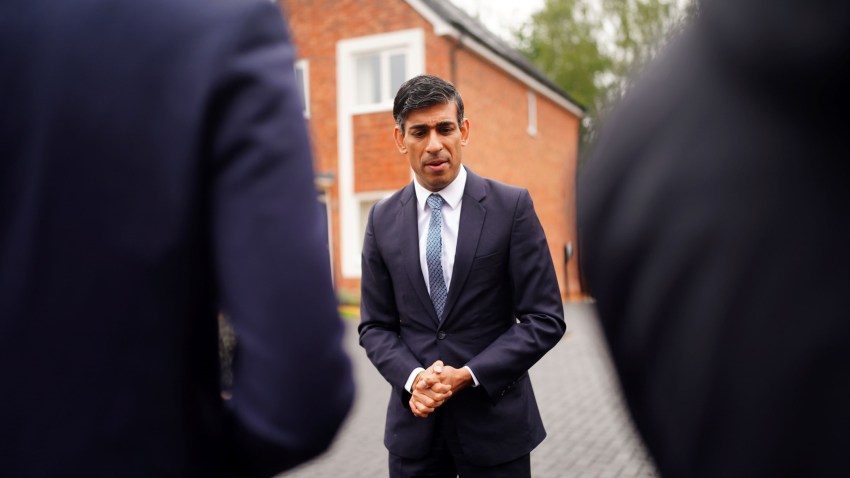The national news agenda in the U.K. these days is dominated by debates over migration, economic stagnation and infighting within the Conservative Party. Though understandable, that can make it easy to miss quieter stories about structural trends that could have profoundly destabilizing consequences. With larger media outlets chasing after the latest controversies emanating from the House of Commons and Downing Street, these underlying structural issues don’t only fall out of the national news cycle. They also attract less policymaking attention and resources. Yet even as the national news media chases the latest gossip among powerbrokers in London, a glance at the pages of my local newspaper, the Derbyshire Times, reveals a breakdown in governance that is similarly affecting hundreds of communities across the United Kingdom.
In contrast to the excitable headlines churned out by the national media, the issues the Derbyshire Times covers for its local community are usually more down to earth: reports on pothole repair, charity fundraising, school events and other aspects of everyday life recognizable in any region. Yet over the past few months, ominous portents of fundamental challenges to services and quality of life began to appear more frequently, as news filtered through that the Derbyshire County Council faces a deficit of £46 million, or roughly $58 million, that could plunge the region’s institutions into bankruptcy. The first reaction from the council’s Tory-dominated leadership was to condemn opposition Labour councilmembers for raising the issue. They then asked the public for suggestions over which cuts and savings to prioritize in order to prevent fiscal meltdown. Needless to say, neither response instilled much confidence among voters that everything was under control.
In the weeks that followed, Derbyshire Council leaders continued to deny that the looming financial black hole might force the national government to assume direct fiscal and administrative control of the county. Yet over the past few months, the same initial denials made by Birmingham City Council and Nottingham City Council were quickly followed by a rapid worsening of their budgetary position and imposition of central government control in ways that present ominous precedents for the people of neighboring Derbyshire. Among our own friends and neighbors, a resigned fatalism has taken hold in the face of what looks set to be huge budget cuts to services, maintenance and infrastructure, all of which will compound an erosion of state capacity following 13 years of austerity policies pursued by Tory governments at the national level.

